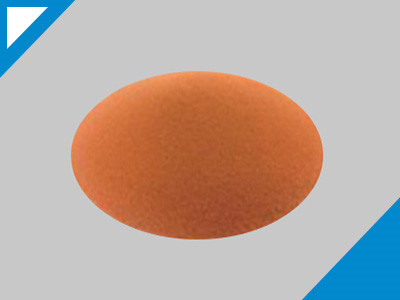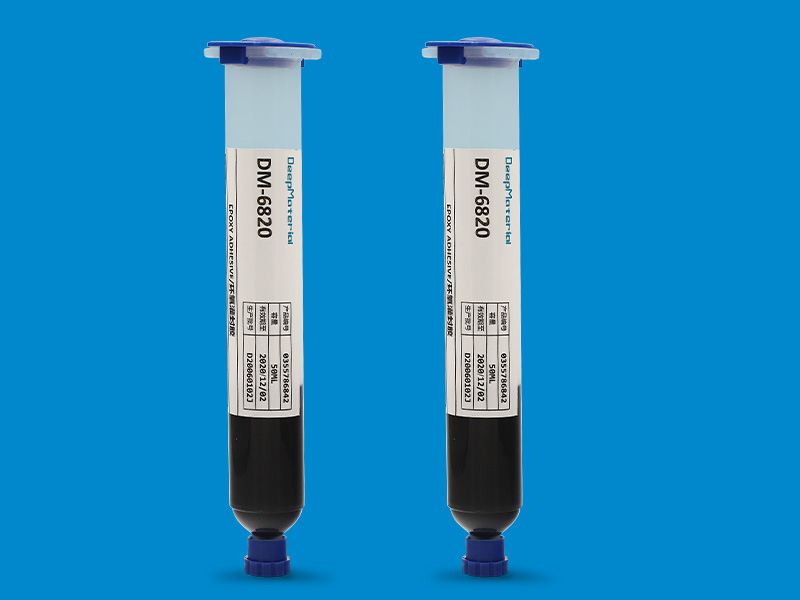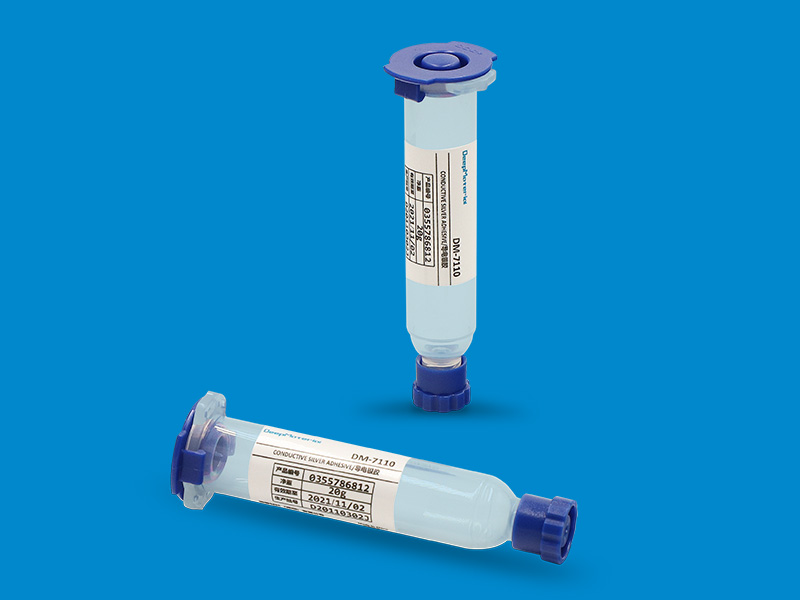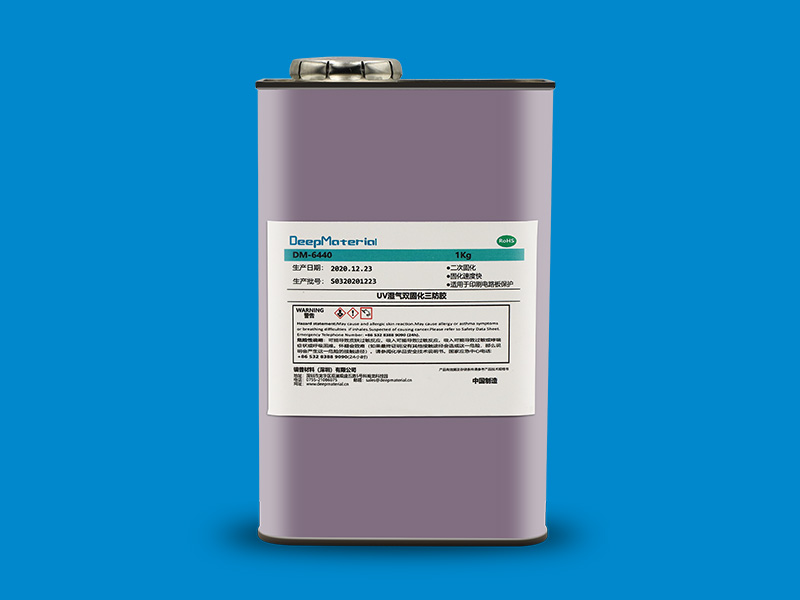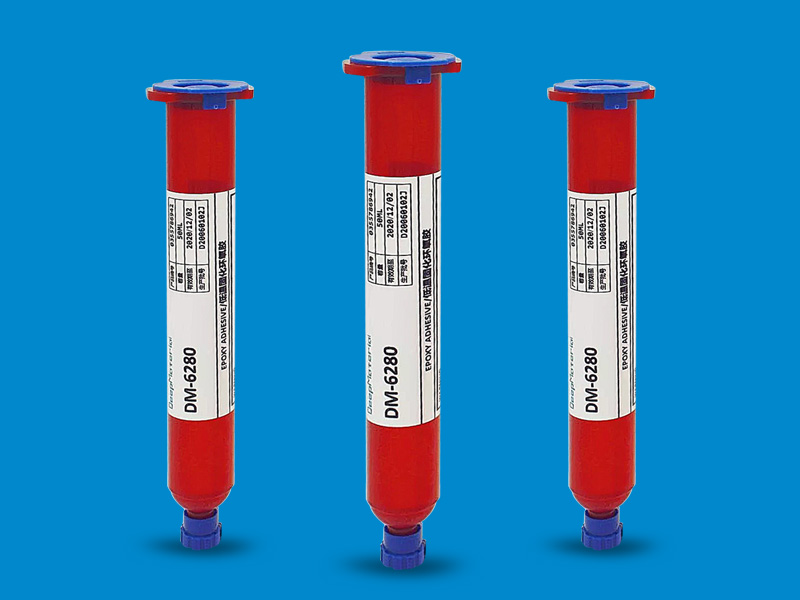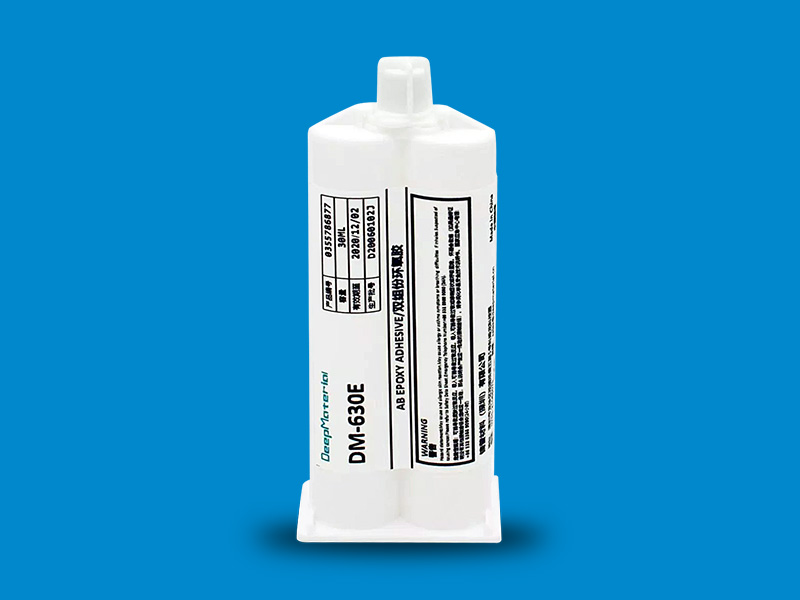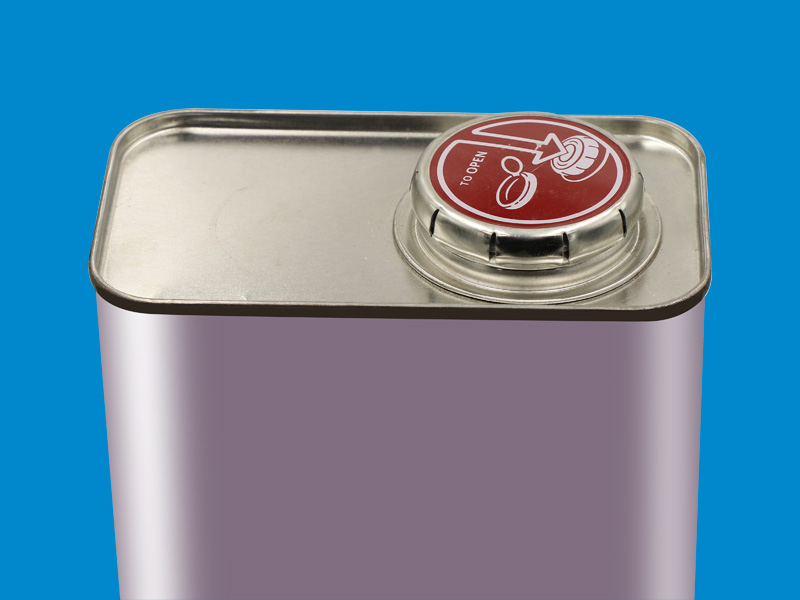Epoxy Powder Coating for Electrical Insulation: A Comprehensive Guide
Epoxy Powder Coating for Electrical Insulation: A Comprehensive Guide
Epoxy powder coating has become pivotal in various industries, especially electrical insulation. This article delves into the intricacies of epoxy powder coating, its applications, advantages, and the processes involved in utilizing it for electrical insulation.
Introduction to Epoxy Powder Coating
Epoxy powder coating is a type of coating applied as a free-flowing, dry powder. Unlike traditional liquid coatings, which are delivered via an evaporating solvent, powder coating is typically applied electrostatically and then cured under heat or ultraviolet light. The powder may be a thermoplastic or a thermoset polymer.
What is Epoxy Powder Coating?
Epoxy powder coating is a thermoset polymer coating known for its durability, toughness, and strong adhesion properties. It consists of epoxy resin and a curing agent. When the powder is heated, it melts and flows, chemically reacting to form a hard, durable finish. This type of coating is used widely in industrial applications where high resistance to chemicals, heat, and mechanical stress is required.
Why Use Epoxy Powder Coating for Electrical Insulation?
The use of epoxy powder coating in electrical insulation is driven by its excellent dielectric properties, mechanical strength, and environmental resistance. It provides a robust barrier against electrical leakage, enhances the longevity of electrical components, and ensures safety and reliability in various electrical applications.

Applications of Epoxy Powder Coating in Electrical Insulation
Epoxy powder coatings are used in numerous applications across different sectors, primarily in the electrical and electronics industries. Some critical applications include:
Transformer Insulation
Transformers are critical components in electrical power distribution. The insulation materials used in transformers must withstand high voltage and thermal stress. Epoxy powder coatings provide excellent insulation properties, helping to enhance transformer efficiency and longevity.
Motor Windings
Electrical motors rely on windings to generate electromagnetic fields. These windings must be insulated to prevent short circuits and enhance the motor’s efficiency—epoxy powder coatings coat motor windings, providing a durable, heat-resistant insulating layer.
Printed Circuit Boards (PCBs)
In the electronics industry, PCBs are the backbone of most electronic devices. Properly insulating PCBs is crucial to prevent electrical shorts and improve performance. Epoxy powder coatings offer superior insulation, protecting the components and ensuring reliable operation.
Electrical Connectors and Components
Various electrical connectors and components, such as terminals, switches, and relays, require effective insulation to ensure safe and efficient operation. Epoxy powder coatings provide a reliable insulating barrier, protecting these components from electrical faults and environmental factors.
Advantages of Epoxy Powder Coating for Electrical Insulation
Epoxy powder coatings offer several advantages, making them an ideal choice for electrical insulation applications.
Excellent Dielectric Properties
Epoxy powder coatings have high dielectric strength, which allows them to withstand significant electrical stress without breaking down. This property is crucial for applications requiring electrical insulation to prevent electrical leakage and ensure safety.
Superior Adhesion and Durability
The strong adhesion properties of epoxy powder coatings ensure that they firmly bond to the substrate’s surface. This results in a durable, long-lasting insulating layer that can withstand mechanical stress, vibration, and thermal cycling.
Chemical and Corrosion Resistance
Epoxy powder coatings are highly resistant to chemicals and corrosion, essential in harsh operating environments. This resistance helps to protect electrical components from damage caused by exposure to corrosive substances and moisture.
Thermal Stability
Epoxy powder coatings maintain their insulating properties over a wide temperature range. This thermal stability is vital for electrical insulation applications, where components are often exposed to varying temperatures during operation.
Environmental and Safety Benefits
Unlike solvent-based coatings, epoxy powder coatings do not release volatile organic compounds (VOCs) into the environment, making them safer and more environmentally friendly. Additionally, the powder coating process generates less waste and can often be recycled, further enhancing its sustainability.
The Process of Applying Epoxy Powder Coating for Electrical Insulation
Applying epoxy powder coating involves several vital steps to ensure a high-quality, durable insulating layer.
Surface Preparation
Surface preparation is a critical step in the powder coating process. The substrate’s surface must be clean and free from contaminants such as oil, grease, dust, and rust. Standard surface preparation methods include chemical cleaning, abrasive blasting, and phosphating.
Powder Application
The epoxy powder is applied to the substrate using an electrostatic spray gun. The gun imparts an electrostatic charge to the powder particles, which are then attracted to the grounded substrate. This ensures an even and consistent coating.
Curing
After the powder is applied, the coated substrate is heated in an oven. The heat causes the powder to melt, flow, and chemically react to form a solid, cross-linked polymer. Curing is critical to achieving the coating’s desired mechanical and dielectric properties.
Quality Control
Quality control is essential to ensure the epoxy powder coating meets the specifications. Various tests, such as thickness measurement, adhesion testing, and dielectric strength testing, are conducted to verify the coating’s quality.
Challenges and Considerations in Epoxy Powder Coating for Electrical Insulation
While epoxy powder coating offers numerous advantages, challenges, and considerations must be considered.
Surface Preparation
Proper surface preparation is crucial for achieving good adhesion and overall coating performance. Inadequate surface preparation can lead to coating defects such as poor adhesion, voids, and pinholes.
Curing Process
The curing process must be carefully controlled to ensure the epoxy powder fully cross-links and forms a robust insulating layer. Inadequate curing can result in a coating that is too soft or brittle, compromising its insulating properties.
Thickness Control
Maintaining consistent coating thickness is essential for ensuring uniform insulation and performance. Variations in thickness can lead to weak points in the insulation, reducing its effectiveness.
Environmental Conditions
Environmental conditions such as temperature and humidity can affect the application and curing of epoxy powder coatings. Controlling these conditions is important to achieve optimal coating performance.
Innovations and Future Trends in Epoxy Powder Coating for Electrical Insulation
The field of epoxy powder coating for electrical insulation is continually evolving, with ongoing research and development leading to innovations and improvements.
Advanced Formulations
Researchers are developing advanced epoxy powder formulations with enhanced properties, such as improved thermal stability, higher dielectric strength, and better resistance to chemicals and UV light. These advanced formulations can extend the range of applications for epoxy powder coatings in electrical insulation.
Nanotechnology
Incorporating nanotechnology into epoxy powder coatings is a promising area of research. Nanoparticles can enhance the coatings’ mechanical, thermal, and dielectric properties, leading to improved performance and durability.
Sustainable Coating Solutions
As environmental concerns continue to grow, there is a focus on developing more sustainable coating solutions. This includes reducing the environmental impact of the powder coating process, using eco-friendly materials, and improving the recyclability of coatings.
Smart Coatings
Developing intelligent coatings that can respond to environmental stimuli, such as temperature changes or electrical fields, is an exciting area of research. These coatings can provide additional functionality, such as self-healing properties or real-time monitoring of insulation performance.
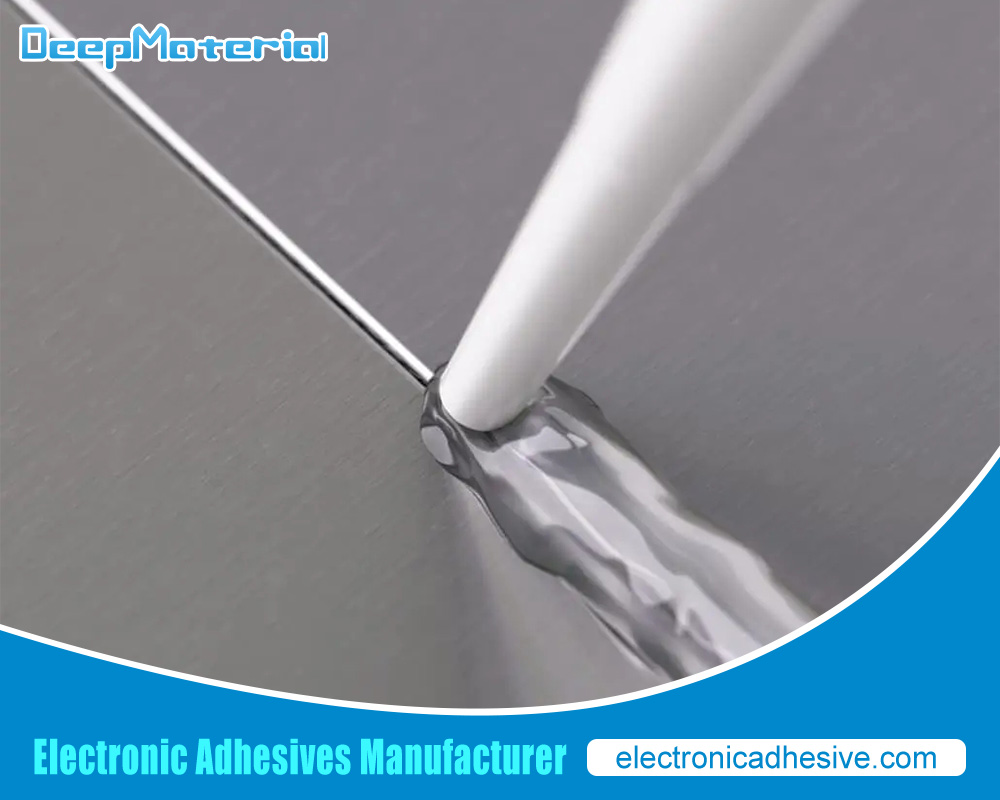
Conclusion
Epoxy powder coating plays a vital role in electrical insulation, offering excellent dielectric properties, durability, and resistance to chemicals and environmental factors. Its applications range from transformers and motor windings to printed circuit boards and electrical connectors. While there are challenges in the application process, ongoing research, and innovations continually improve the performance and capabilities of epoxy powder coatings.
As technology advances, epoxy powder coatings will continue to evolve, providing even more reliable and efficient solutions for electrical insulation. Whether through advanced formulations, nanotechnology, sustainable practices, or innovative coatings, the future of epoxy powder coating in electrical insulation looks promising and full of potential.
For more about choosing the top epoxy powder coating for electrical insulation: a comprehensive guide, you can pay a visit to DeepMaterial at https://www.electronicadhesive.com/ for more info.


